When someone ever starts gardening, as a hobby, as a homestead, or as a just activity they go for the plants. Because the plants are easy to get and easy to transplant as you will be able to see clearly whether the plant is in good condition or not or have good roots or not.
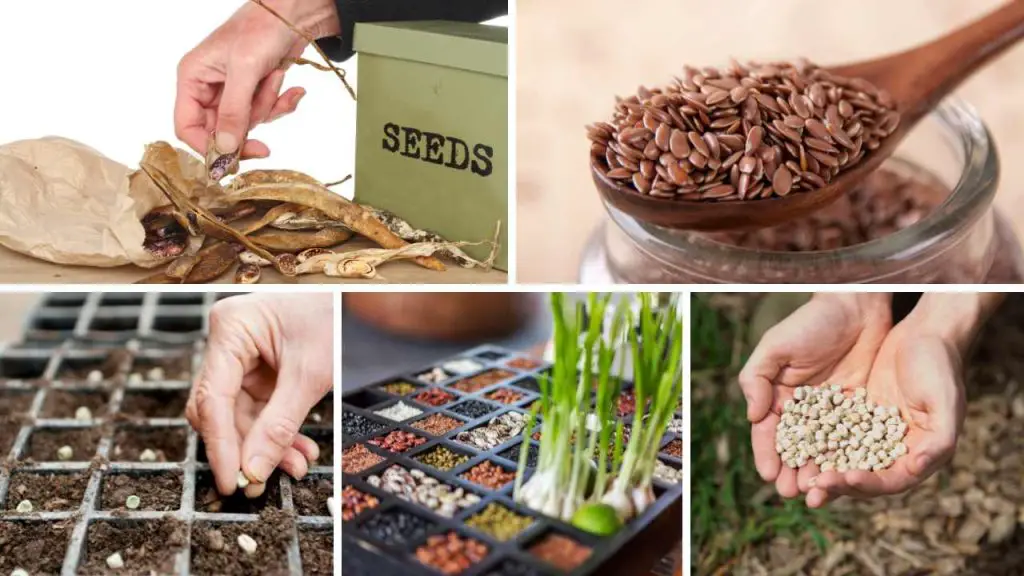
That’s why most people plants in the beginning. Gardening started as a hobby. So no one wants to take risks. They simply go for the plants that are available easily most of the time, and you have a good look and assessment before planting.
So when they become used to gardening, they realized that plants are expensive and not effective as they thought. It is good to make and save your seeds for gardening. Because when you have your own seeds preparation system you have many choices to opt for.
Importance Of Seed Storing
When you save seeds by yourself, you have a choice of what to sow and allow to germinate first. You would have a choice of how and when to transplant the germinated plant from the nursery to the actual garden or the soil.
In this way, you select by yourself that at this stage plant should be transplanted. It gives a hope and chance to plant healthy plants at the optimal timing. Moreover, when you are saving and processing the seeds by yourself, you can do a lot of things with them.
You can clean the seeds to the optimal level possible. When you get seeds from the store you may have mixed seeds or the seeds that are preserved and processed are not in good health. You can do it by yourself easily and effectively.
Also, the process of saving and processing seeds is interesting. You would learn a lot. And you would be able to get a steady supply of seeds, which will make you able to sow the seeds and plant the garden at the right time effectively. In this way, you would be able to get the optimal yield at the right time.
So, when becoming aware of this whole process, people start wondering how to do this. What steps are involved in it? What are the important seeds we should be striving to preserve and what are not so important? For that, we are going to discuss how to save seeds.
You might be wondering if this task is hectic and full of effort. But this is not the case. You would be able to do this by just understanding the basics. Once understood, apply this basic information and you are good to go.
Which Seed Should I Be Saving?
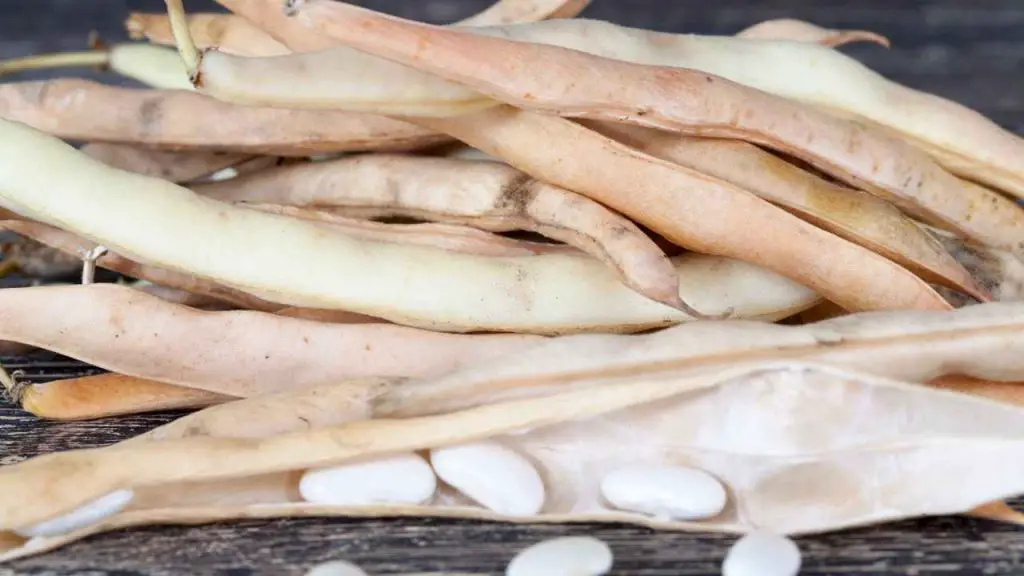
As we know already, there are many types of plants. You should be able to differentiate what these types are and whether I should go for saving the seed of this particular plant or not. This classification goes on to vegetables, fruits, and other plants also.
You should only save the seeds which are from the plants which are open-pollinated. It is because the seeds of these plants will regrow like the originals one. Like the parent plants, these will have all the required qualities. It will be of the same quality as where they come from.
Heirloom seeds are one of the best open-pollinated seeds to be saved. These are the seeds that are most productive, and the healthiest plant seeds which have gone down in the generations and have been preserved as it is.
You need to understand that not all open-pollinated plants have heirloom seeds. But all of the heirloom plant seeds are open-pollinated. So, you can check the plant type and save their heirloom seed to grow more.
In this way, the heirloom seeds can be saved. Saving heirloom seeds will help you in avoiding long searches for reliable seeds.
Then there come the hybrid plants. These are the plants that are not prepared in the lab, but these are the result of the cross of two different plants.
These are not like that purely artificial, but also these are not purely natural. These plants might not go for cross-pollination without the intervention of humans.
These are usually marked as F1 seeds. It means that these are the first generation of cross-bread plants. You should not waste your energy and precious time to save these seeds. Because when sown and grown these seeds will not grow exactly like the parent plants.
Instead, these will grow like either one of the cross-bread plants or these will grow a new mix of plants. The result and fruit might not be good.
So, that’s why it is recommended you should not go for the preservation of these seeds. Instead, you should go for new seeds every time you are going to sow and grow particular plants.
Self-Pollinating Vs Cross-Pollinating Plants
Cross-pollinating plants are the plants that require other plants to pollinate them. These plants can cross with the same species or with other ones to fertilize.
Then these plants bear fruit as a result. But it is important to know that the resultant seed can be a wired mix of different species.
Self-pollinating plants on the other hand pollinate themselves. They don’t require other plants to fertilize themselves and bear fruit. It is important to note that these seeds are quite easy to save. Also, the plants sown and grown from these seeds grow exactly like their parent plants.
Which seed I should be saving?
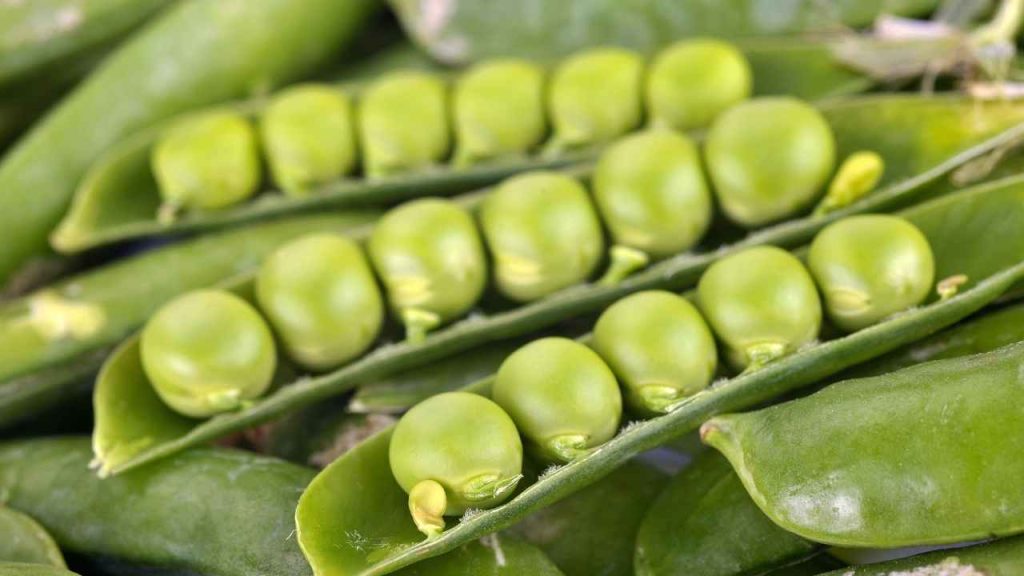
Select the plant which has best of the all the characteristics. It should be the healthiest plant. Its produce should be good. Save the plant seeds which are strong and high yielding. Which can survive disease and pest attacks as well.
Also, allow the fruit to ripen before getting it for seed preservation. Even allowing it to overripe. It will allow the seeds to mature to the maximum extent.
Types of Seeds to Store
People usually store the seeds of vegetables and herbs. Mostly fruit plants are available and these are to be especially grafted with any other plant to make them fruit. That’s why usually people prefer plants of all these fruits.
As vegetables are of a lot of variety, you might have to adopt different procedures with all of them. It is not that much difficult. You just need to separate the seeds, wash and dry them, and then store them properly. Then you are good to go. You can use these seeds after that in the season.
Tomatoes Seeds
Allow the tomatoes to be fully ripened. The ripened the fruit the healthier and sound the seed. Take the seeds out from the tomatoes along with the gel, and take them to the water. Stir the water two times a day every day. You would see that it will start fermenting.
In five days’ the seeds will be on the bottom of the pot. Get the liquid out, and wash the seeds well. Keep them in the towel and dry them on a paper towel. Then further store them in a safe place.
Pepper Seeds
Allow the peppers to stay at the plant. When it will get ripened and starts to wrinkle take it off. Once you take it off, get all the seeds out. And spread them to dry. Save them for further usage.
Peas and Beans
Keep the peas and beans on the plant to ripen enough. Allow them to stay there until they turn brown. After that, get the peas and beans out. Keep them out to dry.
Dry them for at least 2 weeks. After that, you can go for shelling and cleaning the seeds. Store them in a safe place for further plantation.
Squash and Pumpkins
When squash and pumpkins get ripened, get them out of the space where they are planted. Break them and take the seeds out. Take the seeds to the running water.
Wash them completely, and even rub them to get rid of any extra material attached to the seeds. Once done, spread them to dry fully.
Lettuce and Greens
Lettuce and other greens even including onions, reddish, carrots bear pods after flowering. You need to keep a keen eye on the pods. Pick the pods which are turning dry.
Keep them picked and drying. Then store these pods as it is. You can get the seeds at the time of sowing and plantation.
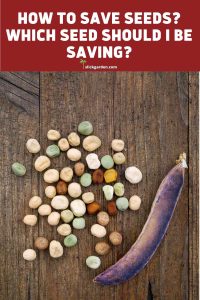
Storing The Seeds
Store the seeds in a cool, dark, and dry place. Dark places are good for the seeds; also cool basements are good. Once dried you can keep the seeds in an air-tight container or jar and keep them in the refrigerator for a longer period of time.
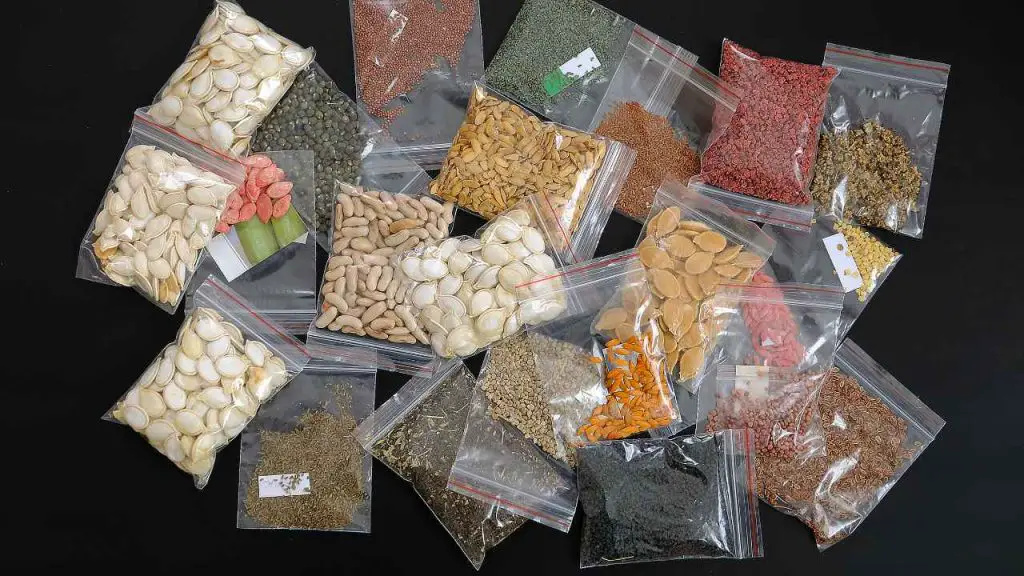
In short, the seeds saving process is good and important. This process not only adds value to the garden but also makes the person skilled. You can secure most of the seed supply for your garden.
